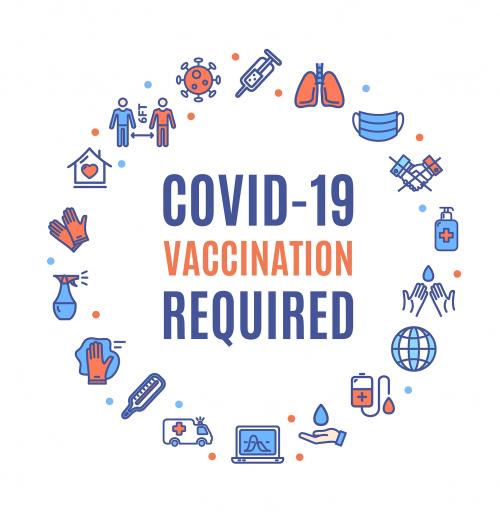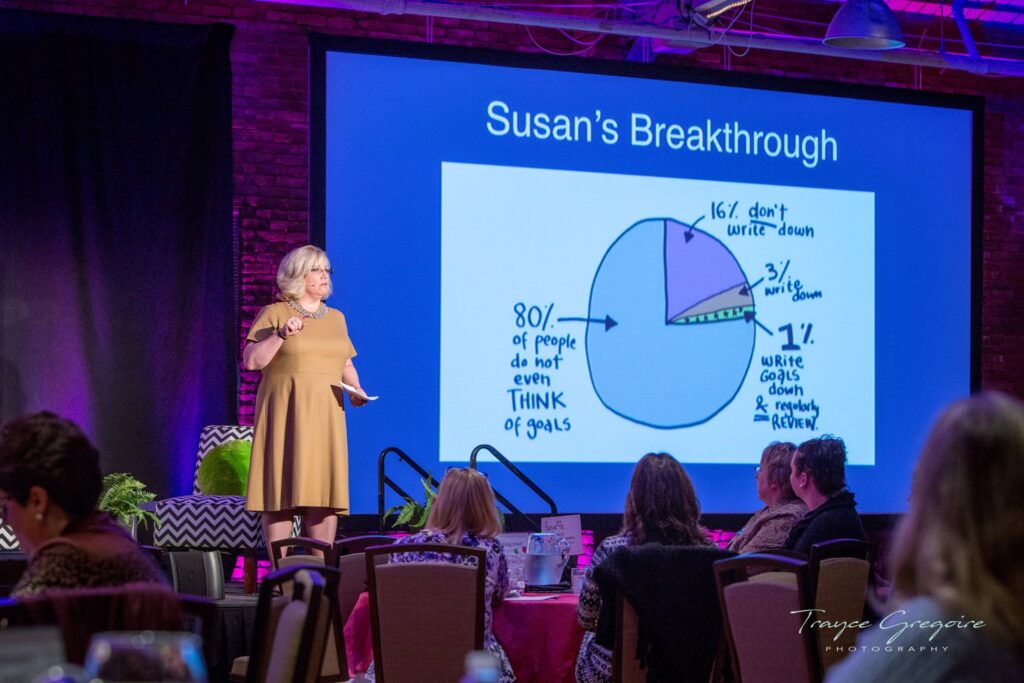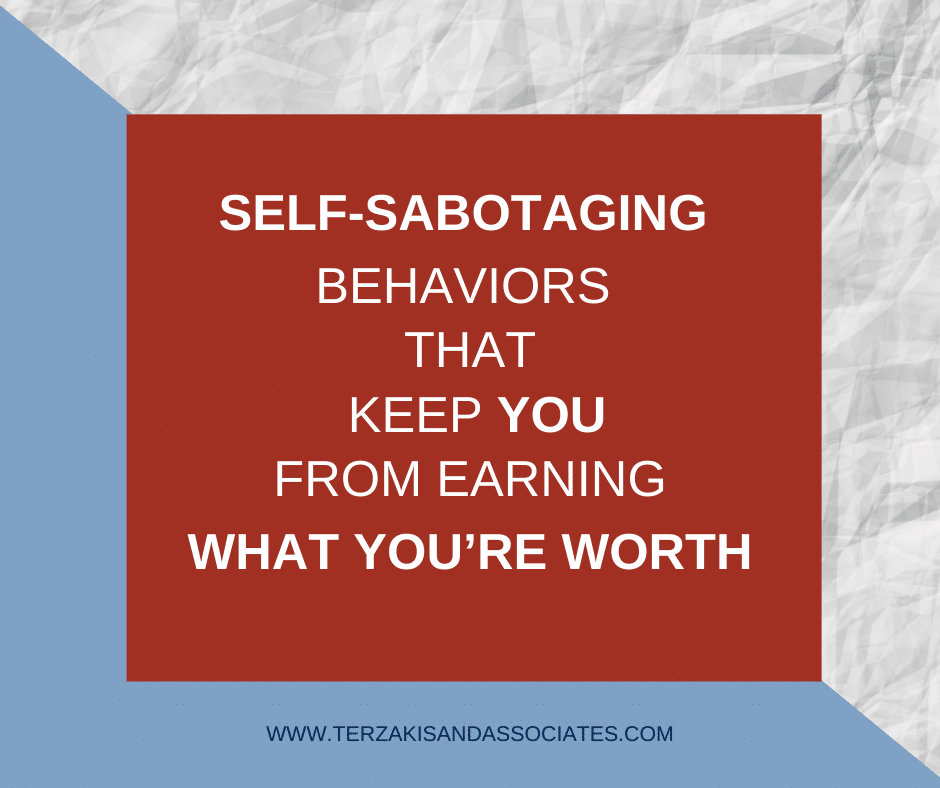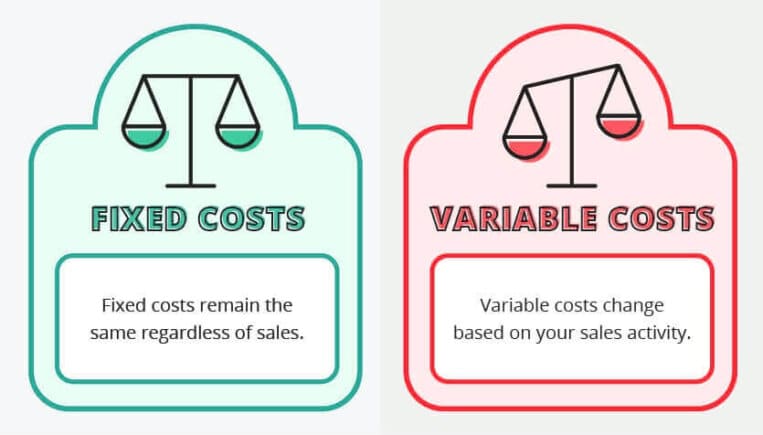According to a recent Harvard Business Review, **more sexual harassment claims are filed against restaurants than any other U.S. industry**.
The recent #MeToo movement has succeeded in exposing dozens of high-profile, nationally acclaimed chefs and restaurants for inappropriate sexual harassment practices.
Your restaurant may not be nationally acclaimed, but you are part of an industry in which as many as 90% of women and 70% of men reportedly **experience some form of sexual harassment from management, coworkers or customers**.
Sexual harassment is generally defined as unwelcome sexual advances, request for sexual favors and other verbal, non-verbal, and physical conduct of a sexual nature that interferes with an employee’s work or is made a condition of employment.
The challenge for restaurant owners lies in the interpretation of this definition.
If you don’t have an effective sexual harassment policy that clearly explains what constitutes harassment, then your **managers and staff may be unaware of what is and isn’t acceptable behavior**. Or, they may be unaware of the proper way to handle a sexual harassment complaint.
What some may view as casual flirtation, others might view as harassment. Seemingly innocent fraternization among young, single adults in the workplace c**an easily turn into a sexual harassment lawsui**t when the relationship goes awry.
The good news is you **can avoid being the target of a lawsuit** by implementing an effective sexual harassment policy. You can do so without an attorney, but it certainly wouldn’t hurt to have a qualified labor attorney review it – especially if you have more than one restaurant.
Key components of an effective sexual harassment policy include:
• **Clear definition** of what constitutes sexual harassment, with examples
• **Zero tolerance** policy applicable from the top-down
• Clearly defined **complaint procedure**
• Good faith **responses to complaints**
• Measures to **prevent retaliation**
Proper management response to complaints should not only reduce the likelihood of filings, it can also **reduce your liability should a case go to trial**. The courts have recognized and rewarded proper response from management in dealing with allegations of employment discrimination and harassment.
In a notable Florida case, a defendant restaurant acknowledged that the conduct of its manager and other employees constituted sexual harassment because it created a hostile working environment. Within days of the plaintiff employee reporting the harassment a regional manager suspended the wrongdoer, investigated the circumstances, and within 10 days officially relieved the offender of his position. The court determined this constituted the exercise of reasonable care to correct promptly the harassing behavior, sparing the restaurant from liability.
By understanding the **nature of** sexual harassment claims, establishing a comprehensive harassment policy, **training managers and staff** about the ramifications of sexual harassment, and putting in place an adequate investigatory procedure, operators can go a long way toward limiting their liability for workplace sexual harassment.


















































